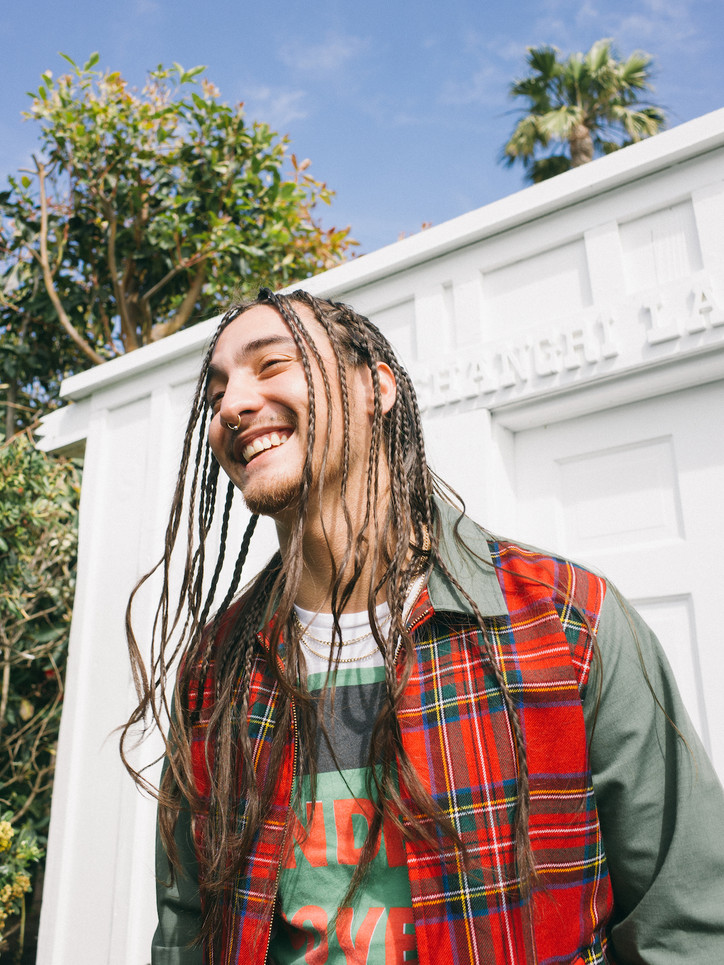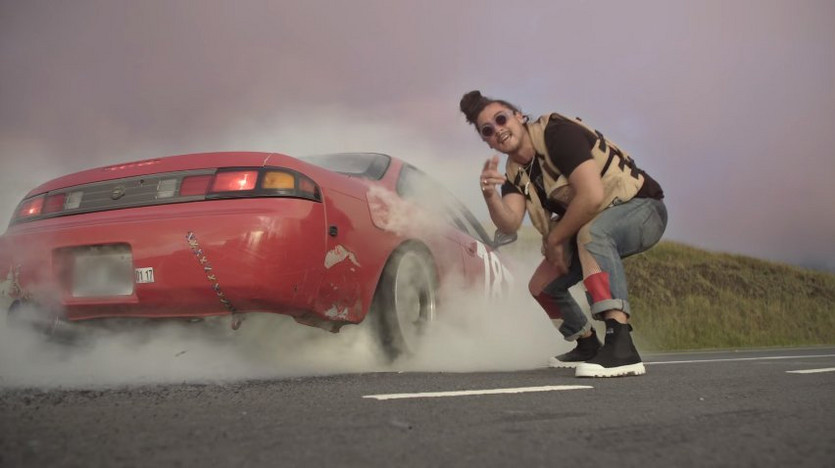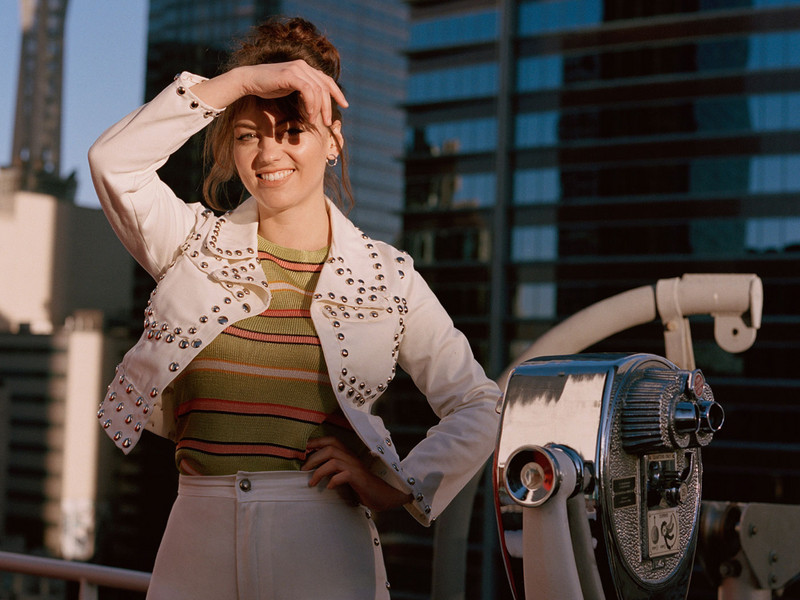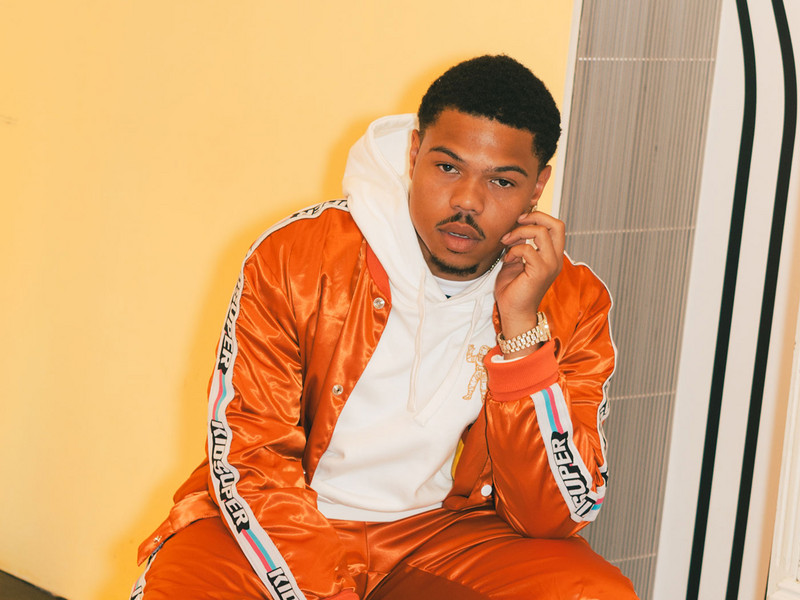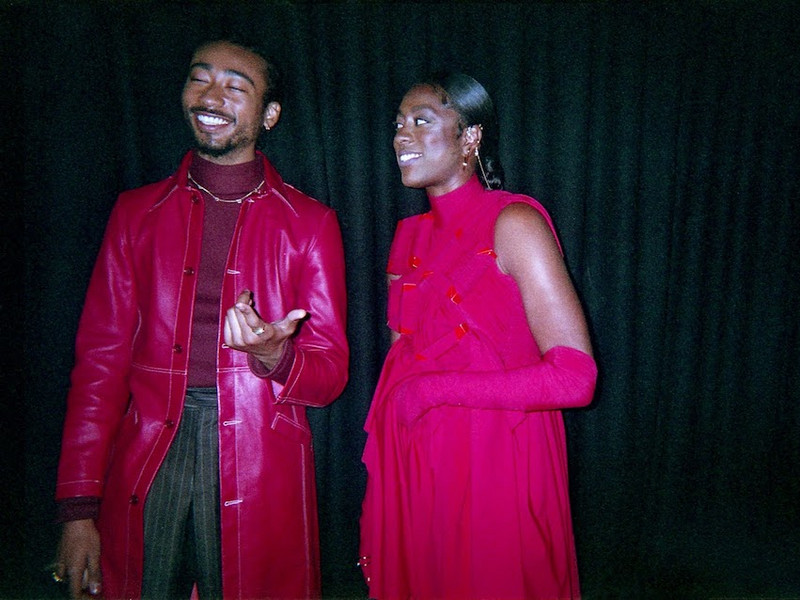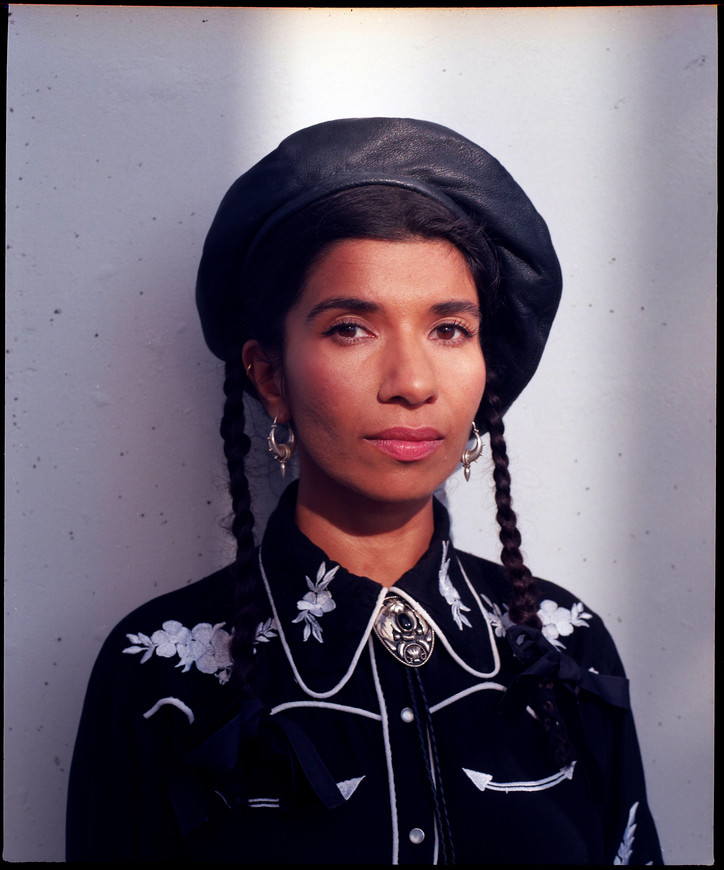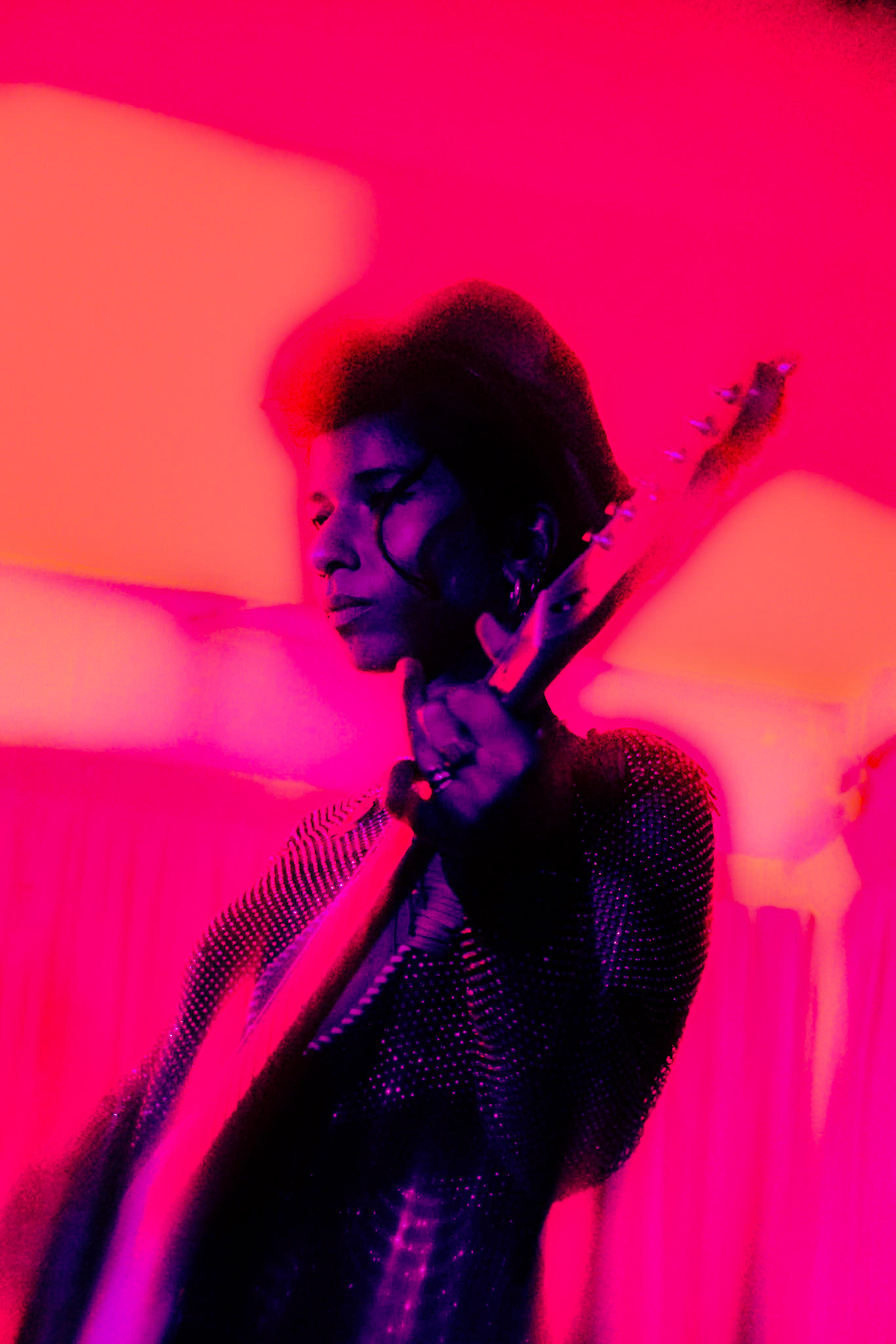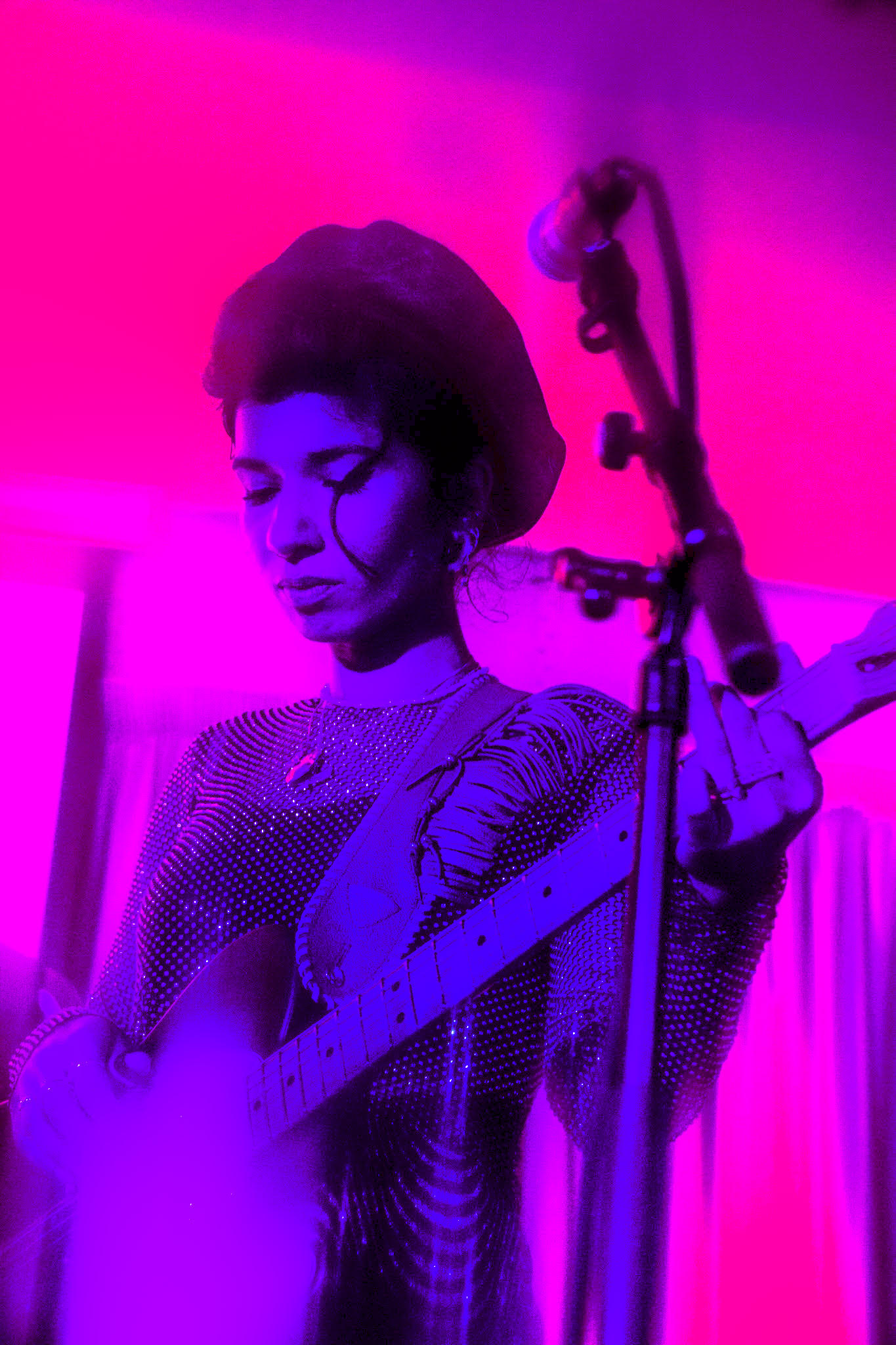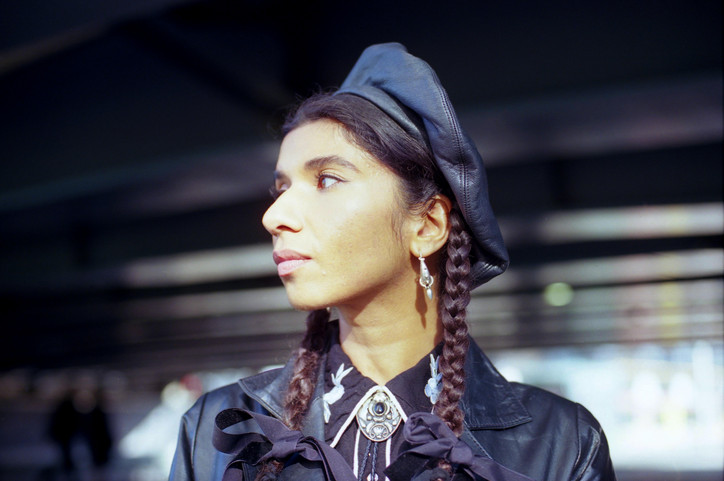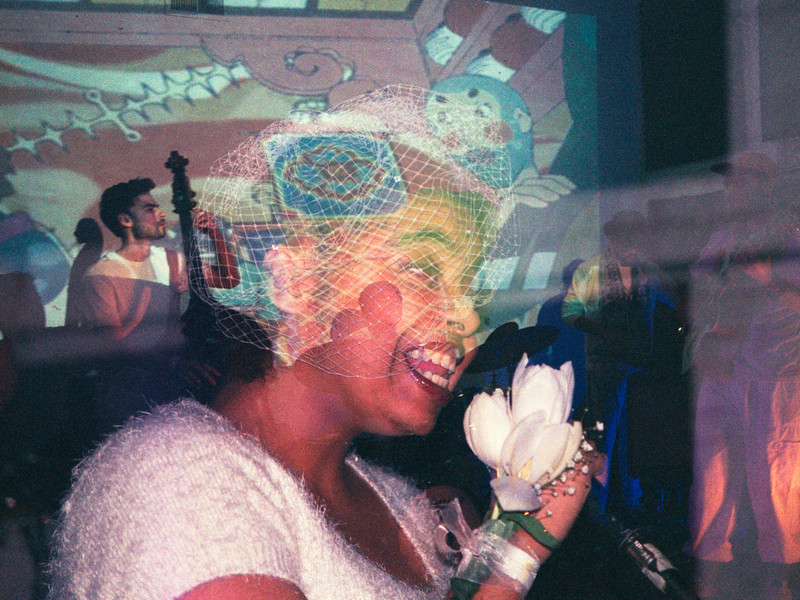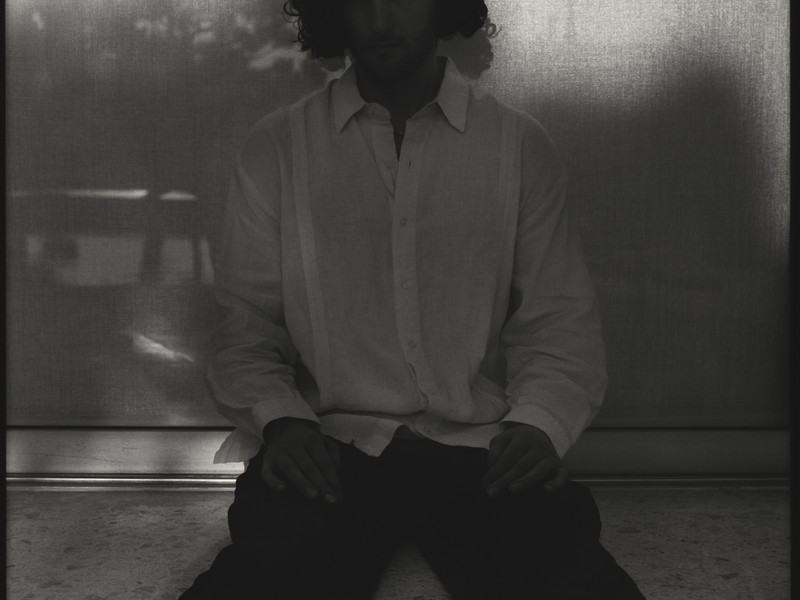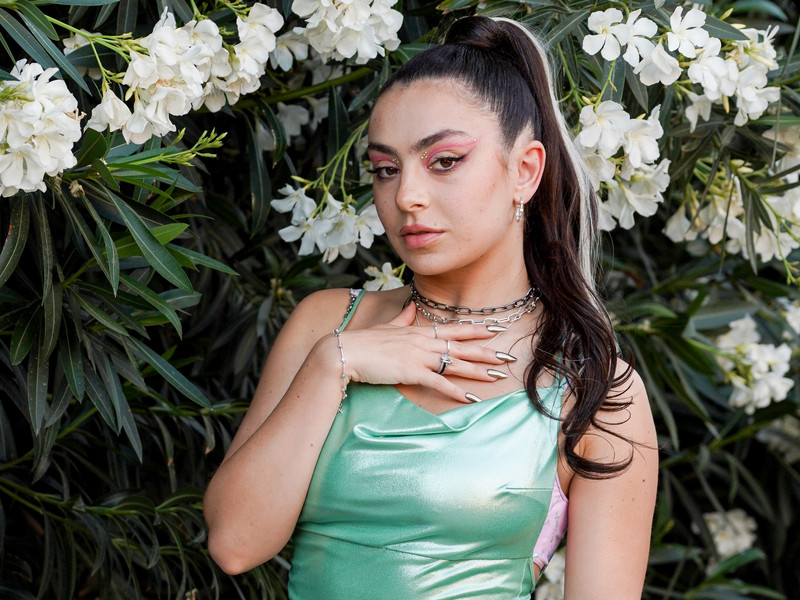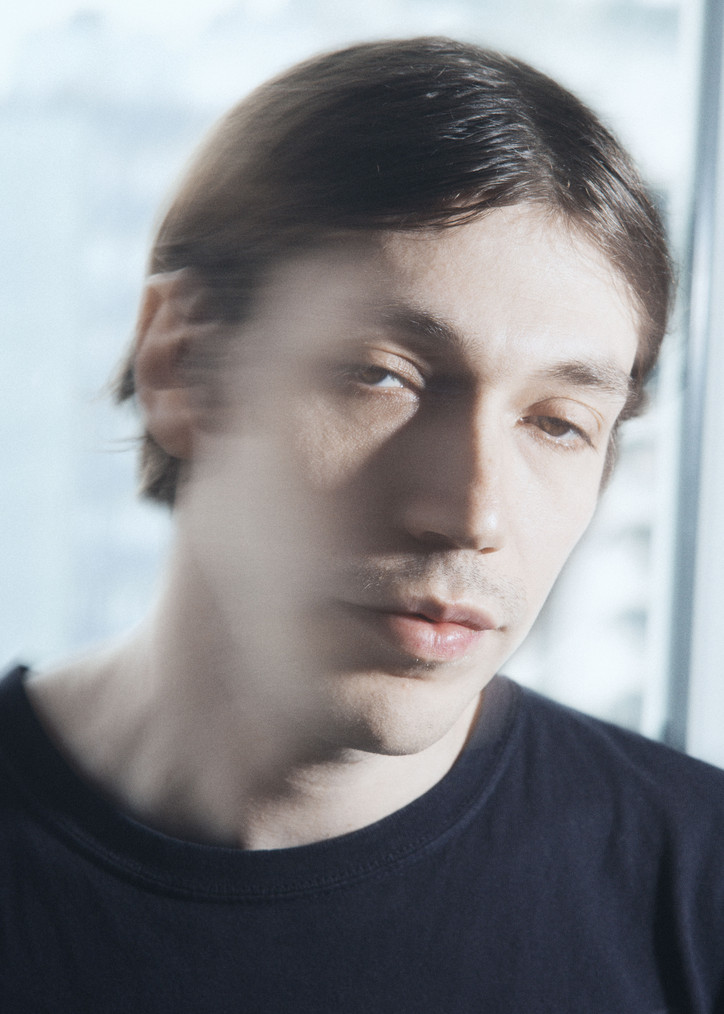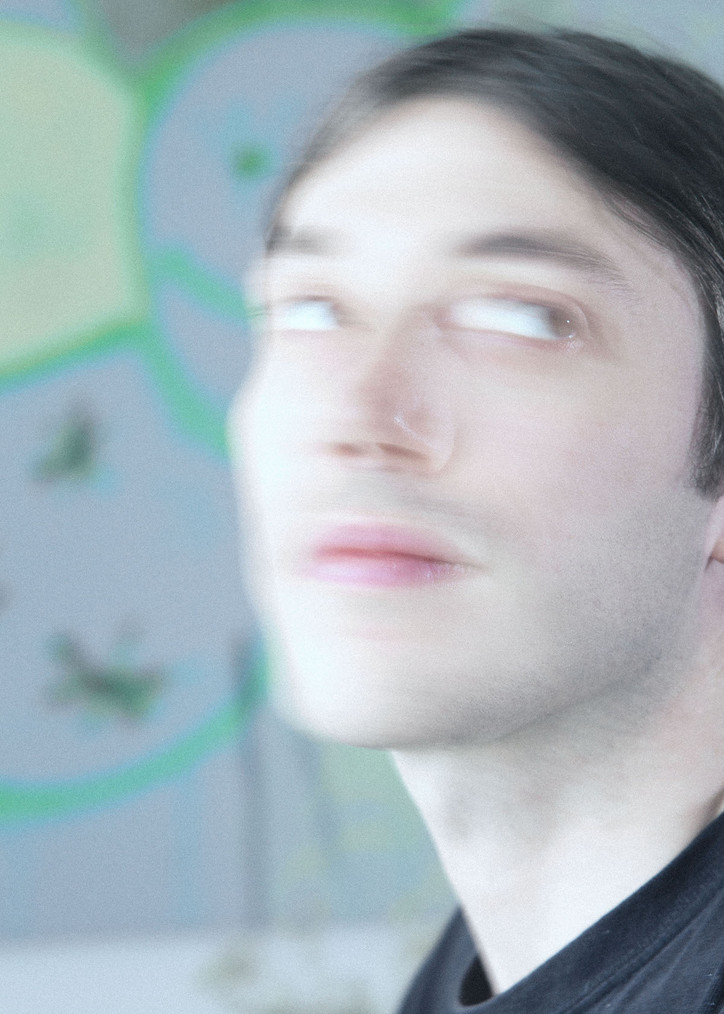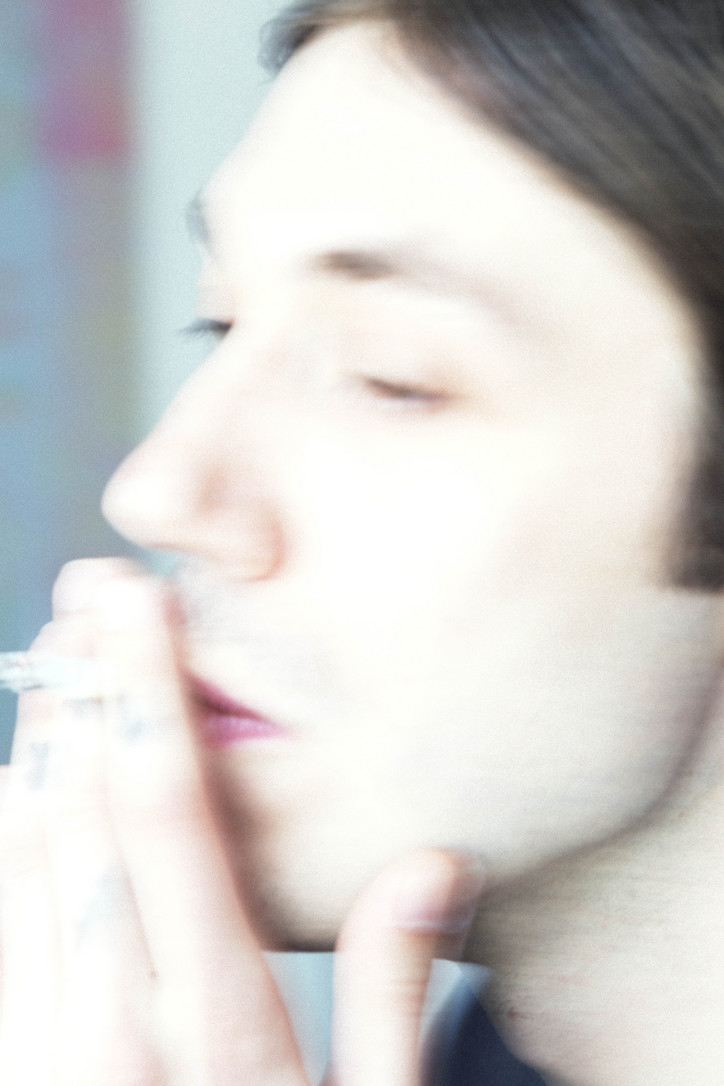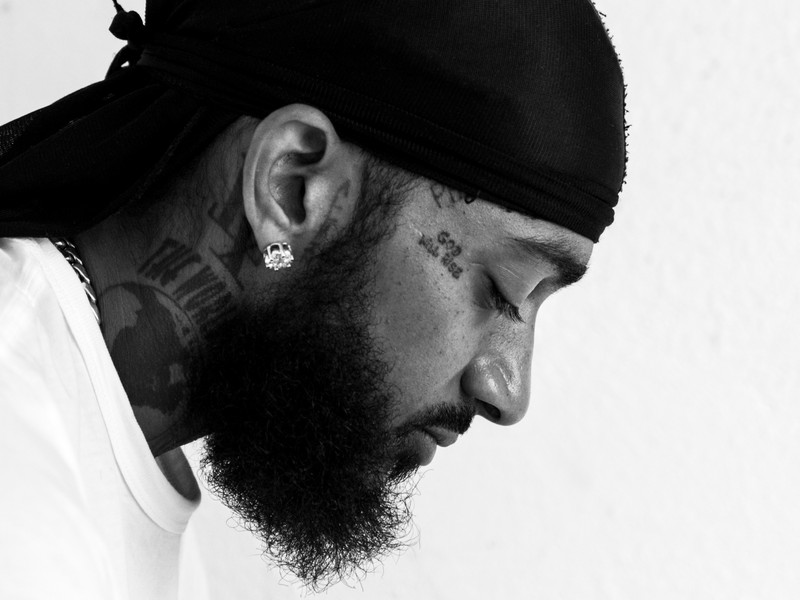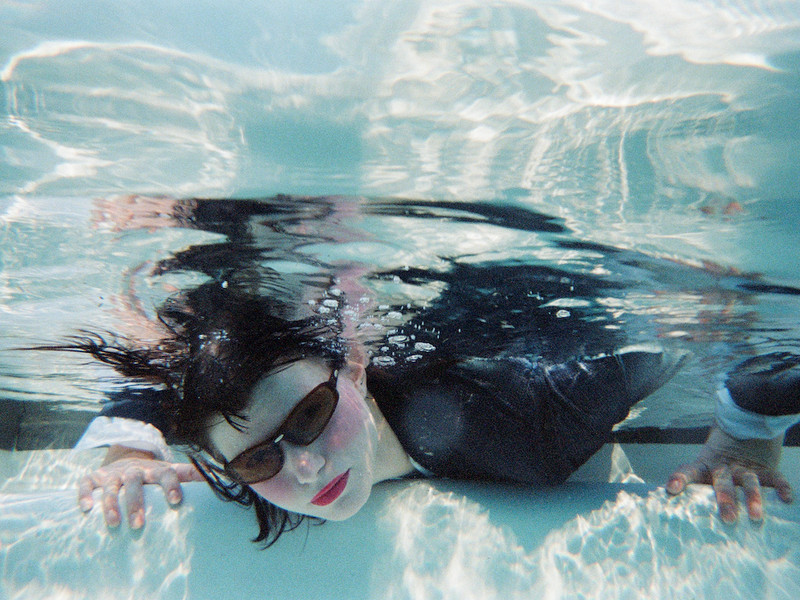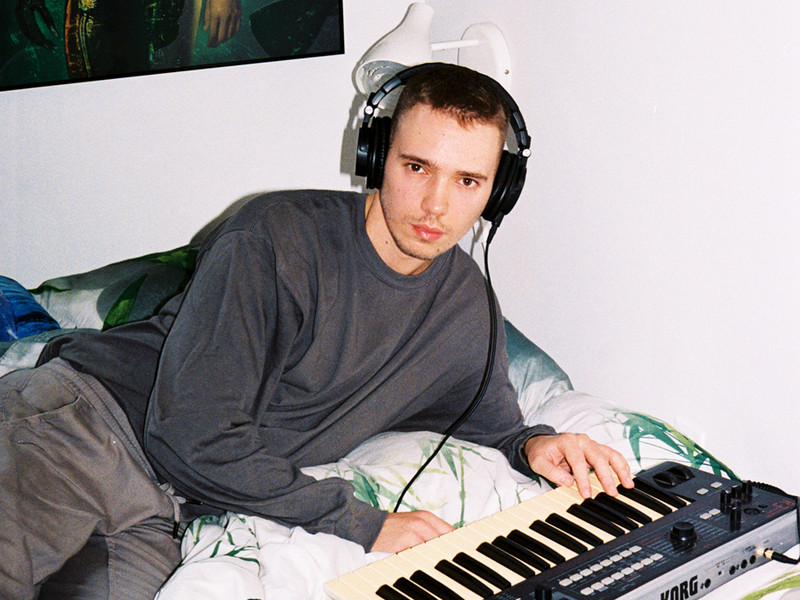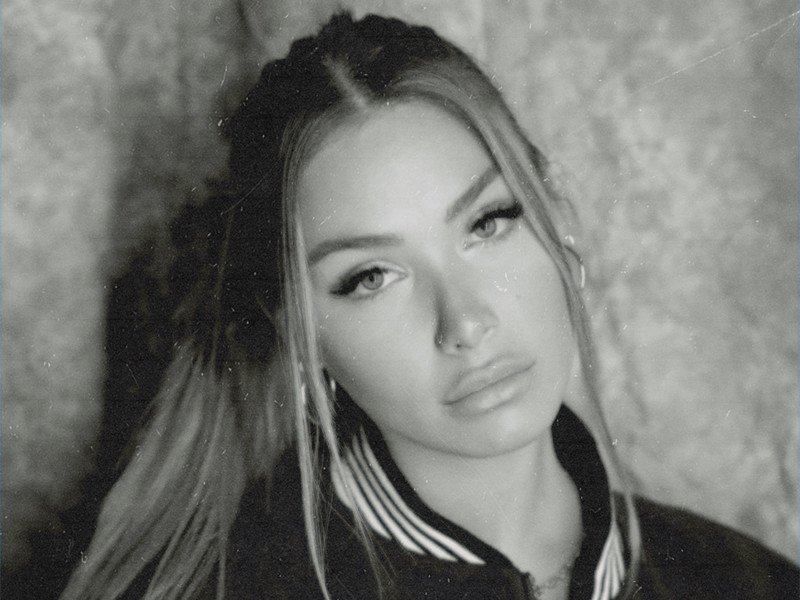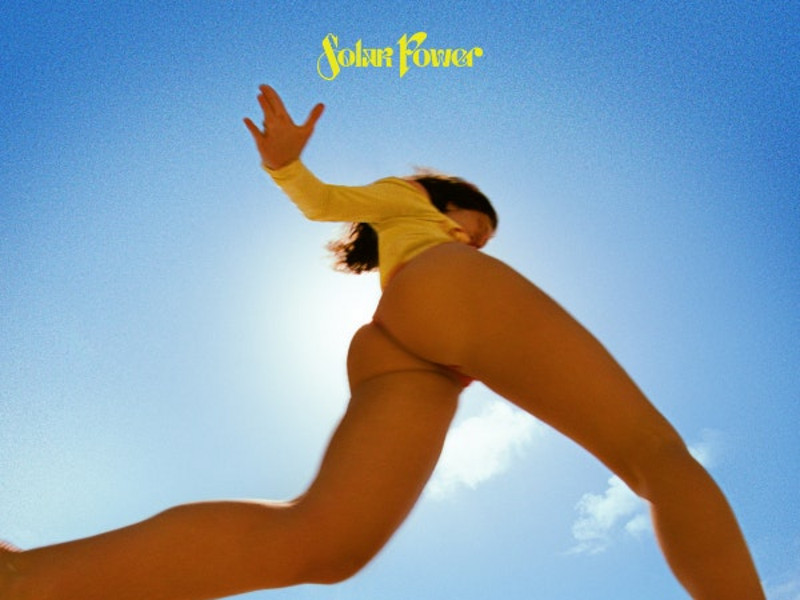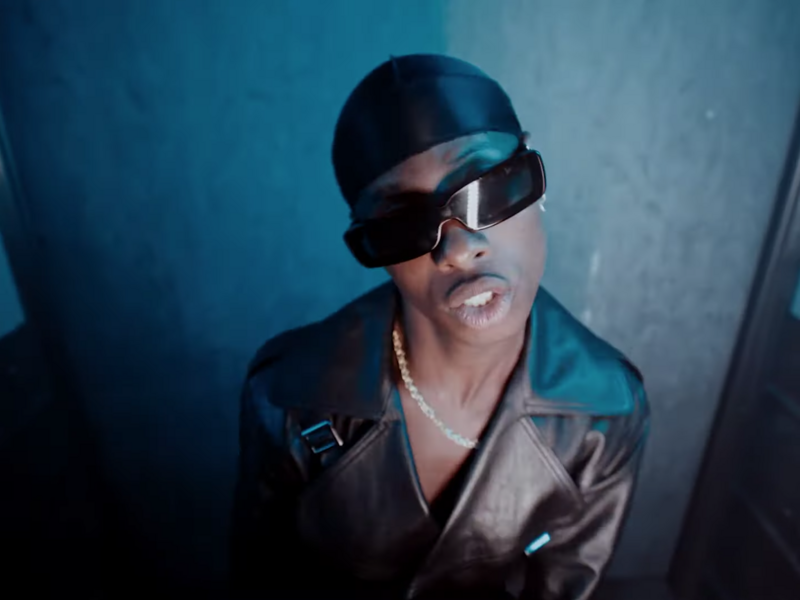You just played your first show in Melbourne which also happened to be your biggest ever show outside of London. How does it feel?
It was amazing! I can’t explain the feeling; I need to think about the feeling more because I’ve been feeling this a lot at all the gigs I’ve played around the world. This is my first live tour in Australia, and I’ve been so excited about it. Playing my second biggest headliner show in a new city on the other side of the world, makes me feel so happy and appreciative of the people because they’ve all made an effort to come out to the show, to support the record, and to support me as an artist. That is what allows me to do what I’m doing, so I owe everything to them, the fans. I was so nervous before the show, there were so many people.
Was that the most nervous you’ve been before one of the shows you’ve done on the tour?
I think so, yeah. It is the ones where I have no expectations or I don’t know what it is going to be like, and then the crowd ends up being massive. Also, this was the first time I played on a stage that was in the middle of a venue with the audience all around. I wish I could’ve moved around a bit more because I felt bad for the people who were just looking at my back.
Yeah, the stage is so strange at that venue. How much of an impact do you think growing up in London had on your music?
Everything, really. I am really happy that I am from London, and I grew up in the middle of the city. There is inspiration everywhere and so many opportunities too. I was going to gigs from the age of thirteen onwards. In a city like that, there is something happening every weekend; all the bands will come there. Everything is at your fingertips; in terms of musical conditioning and education, it made a huge difference. I feel like a creative everything you put out is everything that is inside, so London is a huge part of my work. It’s funny because with this latest album, DREAMER, I made most of it outside of London in the countryside, because I needed that space to focus and get it done. I owe everything to London; it is one of the most amazing places in the world.
How was it working in the countryside? Did you feel like you had different inspiration to working in the city?
Yeah, the inspiration was very different because you’re surrounded by nature. The first two times I went up to this really remote place in Scotland called Cove Park, where they do artist residencies, and it is a two hour walk to the nearest shop. In the same way that people from rural areas freak out when they come to a big city, for me it’s the other way around. That's how I feel going to the countryside. It can be quite scary because I’m not used to being in such an isolated place. It was a very different experience for me, but the nature was so beautiful, and I would start every day going for a big walk. I was very disciplined too because I knew I had to make the most of that time. I would wake up, go for a walk and then work the whole day because there is nothing else to do.
How was it being alone doing that; did you feel quite isolated?
It kept me focused really, because in London my studio is in a big building with a lot of friends and there is always something going on. It’s so easy to be distracted. You can’t make a song when you’ve only got an hour here, and an hour there, you need to cordon off a whole block of time. I was so busy with gigs, meetings and general London life so that’s why I decided to get out. I just turned my phone off and that was it.
How long were you there for?
It was different each time. The first time was three or four weeks, the second time was two months and then the third and fourth time were about the same one or two months at a time.
Wow, that is nice though. It paid off. You studied history and ethnomusicology, got a master's degree and then became a human rights lawyer. Just on that alone, it’s clear that your life is more than music, do you feel that having such a wide background and knowledge of so many different spheres has helped influence your music, in a way that might even be subconscious?
Yeah, so in my undergrad studies in history and ethnomusicology, I went to the School of Oriental and African Studies which is quite a specialist college in the University of London, it is where people go when they want to learn about things that aren’t Eurocentric. I didn’t originally go to study ethnomusicology but in the first week of uni the music department put on some performances and I saw a kora player and it was the first time I had ever seen that instrument and it just blew me away, I went to find the head of music and was like "Please let me do this course," and they let me on the ethnomusicology course. That was one of the most important things that has happened to me, for the first time I was exposed to so many different kinds of music from so many different cultures around the world and I was realising the importance of music. It is definitely the most spiritual art form in the West, but it has kind of been commodified into something that you listen to for entertainment's sake and it’s easy to not think beyond that. Then when you start looking at music in a historical and cultural context in different countries you realise that it is so much deeper, you start thinking about music in a different way.
